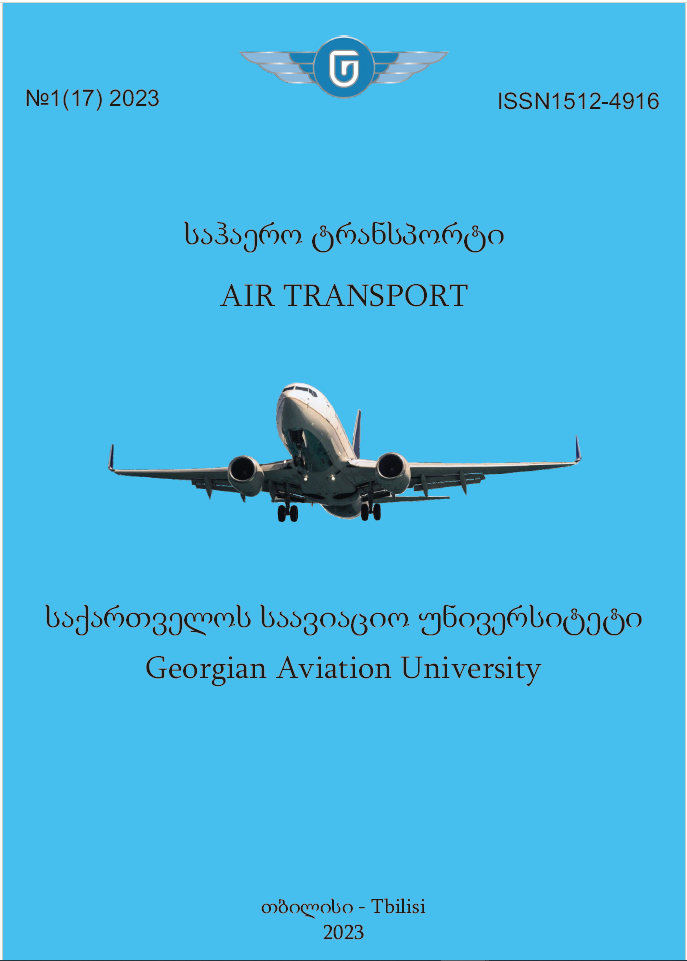Changes in the definition of bodily injury in the Montreal Convention as a result of the new practice of the Court of Justice of the European Union
Main Article Content
Abstract
The Montreal Convention of May 28, 1999 on the Unification of Certain Rules of International Air Carriage (hereinafter referred to as the Montreal Convention) is the main document that defines the issue of responsibility of airlines to passengers and cargo carriers within the framework of international civil aviation. One of the issues regulated by the mentioned convention is the compensation of the damage caused by the airline company, its volume and the prohibition of the possibility to refuse it in advance.
The Montreal Convention defines four main types of damages that are compensated within its scope - death of the passenger, bodily injury, destruction or loss of baggage and flight delay. In case of any damage of this type, the convention stipulates that the airline is obliged, within the predetermined limits, to compensate the damage in full. As for any other type of damage that may, for example, occur to a passenger during an international commercial flight, the Montreal Convention does not apply to them.
Accordingly, it can be said that in the case of the existence of the mentioned four types of damage, the main normative act in international civil aviation is the Montreal Convention. Despite the great importance of the mentioned document, there are still various ambiguities today, the practices related to which are constantly evolving, which have a significant impact on the development of international civil aviation.
